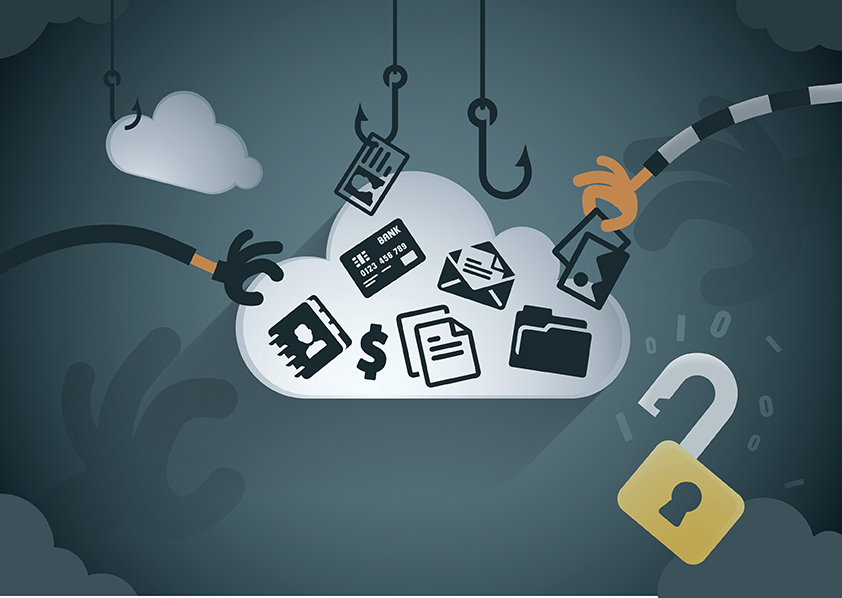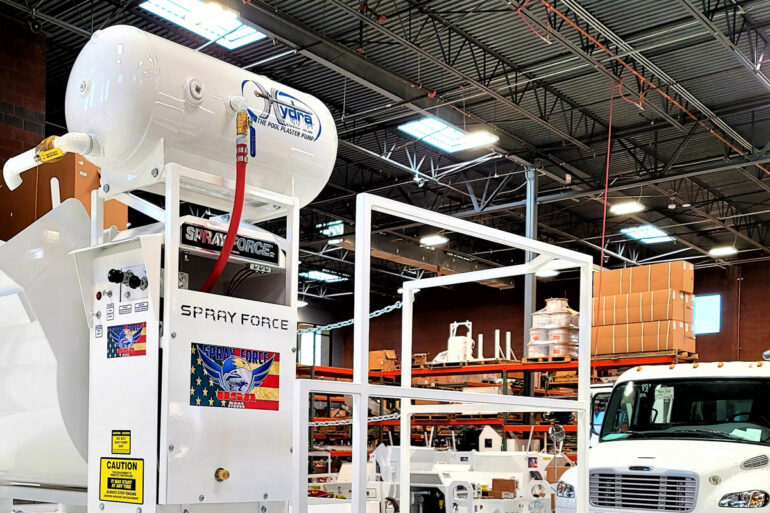Decreasing Equipment Theft

My dad was a business owner. I clearly recall his reaction when the local police would call him at home to say his business was broken into, and equipment or inventory (or both) had been stolen. It’s more than a miserable feeling; it can halt your ability to make a living. Ryan Shepherd, who manages National Equipment Registry (NER) in Jersey City, N.J., says the best way to protect against theft is to deter a thief.
“Do not leave equipment at a job site; bring it back to your business each evening,” Shepherd says. “Thieves study your behavior, patterns and actions; they look for an easy score. If you must leave equipment at a job site, disable it; make it difficult for thieves to drive a vehicle or piece of heavy equipment away. Disconnect the battery, if it’s a generator or compressor that’s mounted on a trailer, especially if you’ll be at that site for an extended period, remove one of the wheels.” Shepherd suggests addressing the overall security of a site: have ample lighting, chain-link fencing with razor tape or barbed wire on top and gate key access. Additional barriers such as low walls, dirt beams or ditches are recommended, anything that makes it difficult to tow or drive a unit off a worksite tilts the odds in your favor.
If you’re considering a GPS-based theft recovery device, Shepherd says it’s important to understand its capabilities before you buy. “If you’re based in a part of the country that’s outside the service area network to receive and identify the signal of the unit,” he says, “it’s like having no protection at all. If you’re in a covered service area, make sure your data package properly meets your needs.”
Randy Johnston of Network Management Group, Inc. (NMGI) in Hutchinson, Kan., says it’s also important to beware of online thieves. “Most small businesses need Internet firewall protection plus antivirus, above and beyond what your Internet provider says they provide,” Johnston says. “It’s also important to control what data is delivered to mobile devices and protect against shadow systems which keep unauthorized data on mobile devices.” Johnston suggests periodic wiping of devices to guard sensitive account data. It’s wildly easy for a business to become the victim of identity theft. Prying eyes can redirect orders, payments and siphon money from business accounts.
While keeping records is important, mitigating theft in a business can become a slippery slope if you cast a blind eye on security methods online and at worksites. What if you do get robbed of equipment? Ryan Shepherd of NER suggests the proverbial ounce of prevention. Keep equipment records, with serial numbers on file. Better yet, register them: “If a vehicle gets stolen, ownership and registration records are on file in each state,” Shepherd says. “NER operates an equipment ownership database, which shares information among insurers, equipment owners and law enforcement. We have records in our database that records equipment theft and ownership records. We work with law enforcement teaching operating methods of contractors. For example, we’ve had cases where police stop a vehicle transporting heavy construction equipment; they get a serial number and check our database. Next thing you know they’re on the phone with the victim who either recently reported the theft or had no idea that their worksite security was compromised. The net result is equipment recovery; insurance companies aren’t paying a claim, the victim avoids higher insurance premiums and the bad guys are apprehended. If you buy used equipment, it’s very easy to do your due diligence by checking the database. If a price is too good to be true, it might be reported stolen.”
By following a few steps and guidelines, you can dramatically reduce the prospect of becoming the victim of physical property theft or theft via the Internet. Communicate with your staff, your insurance provider and local law enforcement to put the brakes on the bad guys.






